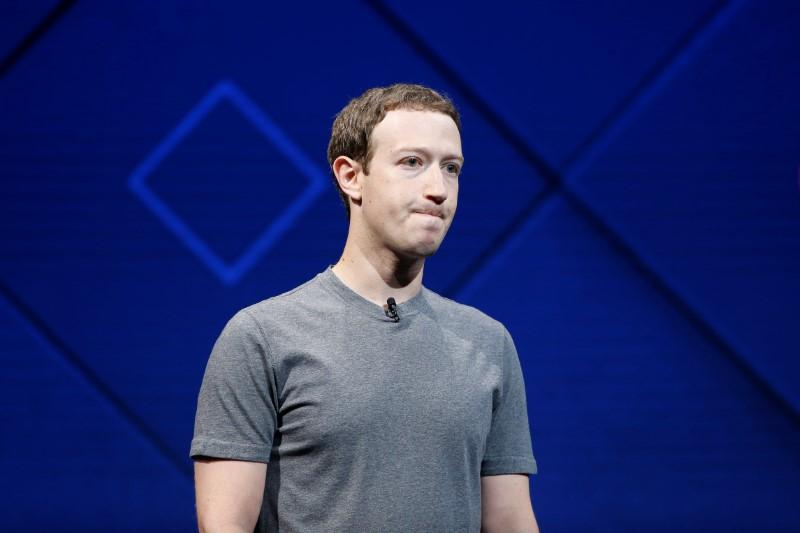×
The Standard e-Paper
Stay Informed, Even Offline

Facebook chairman Mark Zuckerberg is under pressure from shareholders to resign following recent privacy and election scandals.
One of the scandals involves meddling in 2016 US elections by Cambridge Analytica and fake news by the social media giant.